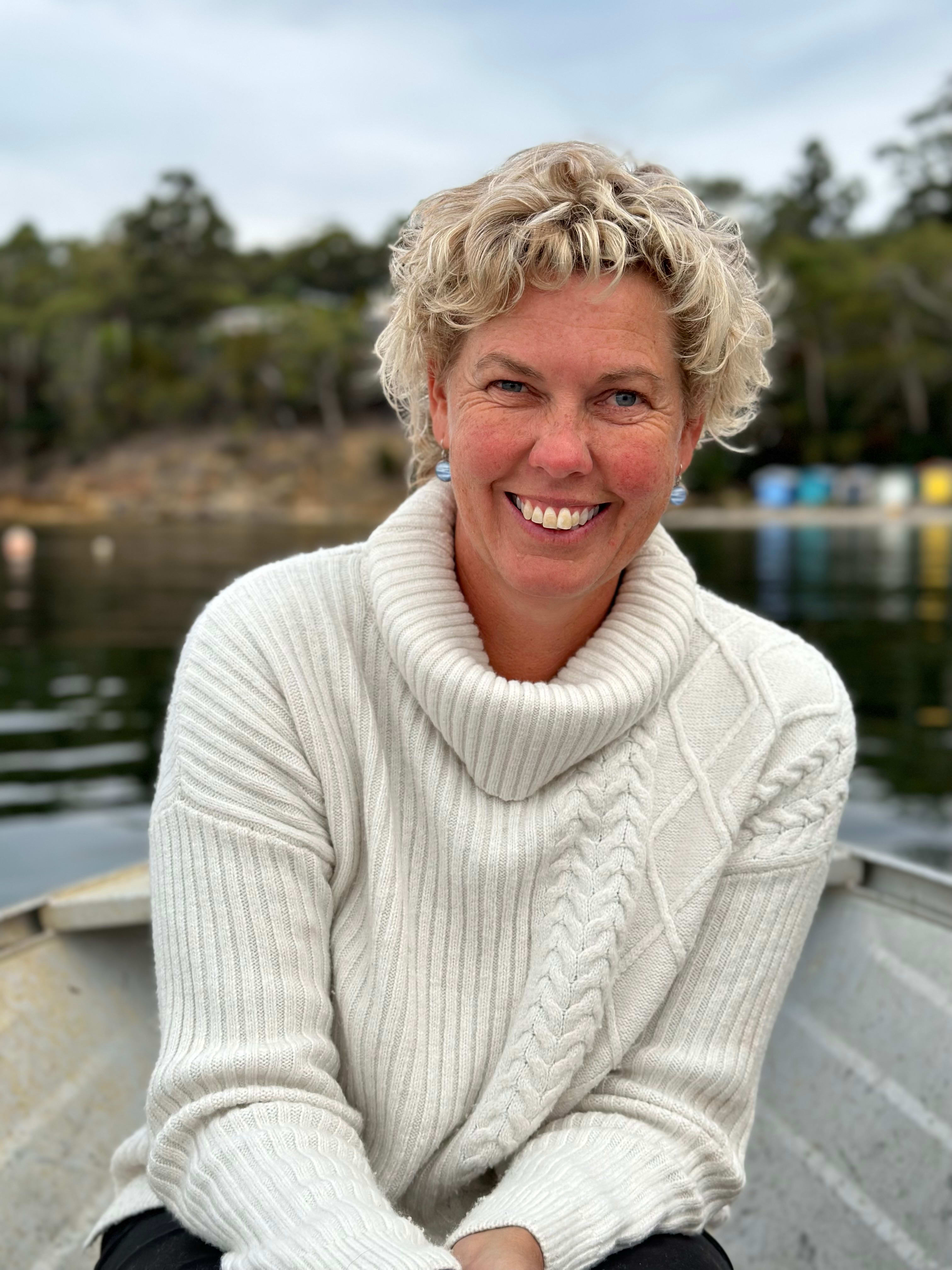This article was first published in Issue 74 of Forty South Tasmania.
When Tasmanian sports fans gather in pubs and clubs, around barbecues and dining tables, the subject of a local team in the national Aussie rules competition has a good chance of being raised.
Again.
Little has changed since March 2008, when the AFL announced the 17th and 18th teams in the competition would be based on the Gold Coast and in western Sydney, rather than in the football heartlands of Tasmania and the Northern Territory, but that doesn’t stop the talking, and the wanting.
It has been more than six years since hopes for its own team were dashed, but the time has not dulled the ache of Tasmanians – the children of children of children born into an Australian football heartland, true Australian football fans seeing their own children grow up without the privilege that Gold Coast and western Sydney kids were deemed to have a greater right to, the right to an AFL team of their own.
On the other hand, much has happened in the past few years. Tasmania may not have its own team, but it does have AFL football, and it does have considerable, and growing, economic benefits as a result of that. This is the side of the story – the tangible benefits of what has become an AFL industry in this state – that does not get told where sports fans gather, possibly because this side of the story is not well enough understood.
Early this year I came up with the idea of a major feature in Forty South Tasmania examining the current state of play of AFL football in Tasmania – both sides of the story. A starting point was to seek informed and credible comment on the business side of the issue and who better, I thought, to tell the AFL’s side of the story than the AFL itself.
So I wrote them the following letter: “Last year I heard Andrew Demetriou give a brief outline of the reasoning behind the latest AFL expansion franchises going to the Gold Coast and western Sydney, and I started thinking that the full story – the business rationale built around the long-term strategy for growth of the code – is something that does not get a lot of airing. It is not, of course, the sort of thing which makes headlines – hard-headed business planning is hardly the stuff of the 24-hour news cycle, and in Tasmania, at least, it would be a particularly hard sell because there will always be those who don’t want to know about the other side of the story.
“I would like to tell that other side in Forty South Tasmania. We have a reputation for articles demonstrating clear and balanced thinking, and we have a reader demographic which expects balanced opinions. I wish to stress that I intend no sensationalism. I would not edit the piece except for style and length.
“I suggest it could benefit the AFL to explain that professional sport today is a business and every business has a responsibility to broaden its market. The AFL has a responsibility to stakeholders – clubs, sponsors, supporters, players etc – and to the game’s future.
“Such a piece will of course reopen debate, but it’s a truism that the first weapon in adversity is dialogue and debate. I therefore invite Andrew Demetriou [then CEO] and the AFL to tell its story in a way most Tasmanians will not have seen – the simple, rational, pragmatic truth. It cannot help but make a few of them more aware of the broader issues.”
The AFL declined. Their response said, in part, “Fans in Tasmania obviously desire for the state to have a team of their own, but the AFL has gone down a different path for our expansion, heading into the largest growth areas in Australia, and it’s our view those decisions are well known to the football market.”
Fortunately, others were willing to discuss the reality behind the well-known decisions, and we are very grateful to former Hawthorn president and Victorian premier Jeff Kennett, Alderman Marti Zucco from Hobart and Mayor Albert van Zetten from Launceston for their balanced, intelligent and insightful opinion pieces. They all give some historical perspective, examine and explain the current status, and look at what that the future may bring.
That left the diehard Tasmanian purist point of view, the fan who says sentiment and footy birthright are worth more than money. I decided to tell that side of the story myself, whimsically, through the eyes of a group of Tasmanian children of the future.
Chris Champion is the editor of Forty South Tasmania and a director of Forty South Publishing. He has worked as an editor and writer in Australia and Asia for more than 40 years.








